Rajshahi, May 05 (V7N)- Betel leaf farmers in Rajshahi, already reeling from a stem rot disease that affected their betel trees, are now facing a new crisis: an infestation of a peculiar insect they've dubbed the 'sugar beetle'. This new pest is attacking betel leaves, a vital cash crop in the region, leaving farmers disoriented and facing significant financial losses.
The 'sugar beetle', which resembles a grain of sugar and is believed to be a type of spider mite egg, gathers in clusters on the stems, tips, and leaves of betel plants. These insects suck the sap from the leaves, leading to the development of small brown spots. The infestation is particularly concerning as Rajshahi's sweet betel has recently received Geographical Indication (GI) recognition, highlighting its unique value. The impact of the sugar beetle is starkly evident in the market price: a bundle of 64 good quality betel leaves that typically sells for 120 taka is now fetching a mere 20 taka if infested.
Farmers are struggling to combat this new pest, as there is no specific pesticide recommended for its control. They have resorted to various methods, including manual removal, but without effective guidance from the agriculture department. The infestation has been increasingly prevalent over the past three years in areas like Mohanpur, Durgapur, Paba, Bagmara, and Puthia of Rajshahi, with farmers' repeated efforts to eradicate the insect proving futile. They have tried everything from conventional pesticides to homemade remedies, but the sugar beetle persists.
Afsar Ali, a betel farmer from Chandpur village in Mohanpur upazila, has seen his entire 20 percent land cultivation affected. He explained that the insects lay eggs under the betel leaves, making their presence undetectable from above until significant damage is done. "There is no specific medicine. We are using whatever we are told, but nothing is working. Pesticides seem to kill them temporarily, but they reappear. Even selling in the market is a loss, with prices plummeting," he lamented. Similar distress was echoed by other betel farmers in the village, such as Afaz Uddin and Altab Uddin, who described the insect as "very dangerous" and widespread, weakening the leaves and significantly reducing production due to yellowing and leaf drop.
Umme Salma, Deputy Director of the Rajshahi Department of Agricultural Extension, acknowledged the issue and emphasized the need for caution in pesticide use due to the direct consumption of betel leaves. She stated that farmers have been advised to adopt natural control methods using rose extract, neem oil, hand wash, and shampoo, as there is currently no specific chemical solution for this particular insect. M. Manjur Hossain, a former professor of Botany at Rajshahi University, warned about the resilience of spider mites and the potential harm of available pesticides to human health, particularly the kidneys, if the water used in these pesticides is ingested. He stressed the need for safer alternative control methods. Arif Hossain, a former general manager of Bangladesh Agricultural Development Corporation (BADC) with extensive experience with Rajshahi's betel leaves, confirmed that the 'sugar beetle' is a type of spider mite egg and that a mixture of five taka worth of rose petals, half a leaf of Surf Excel detergent, and 50 grams of sulfur-based fungicide in 16 liters of water has shown some benefit to farmers.
END/RAR/RH/





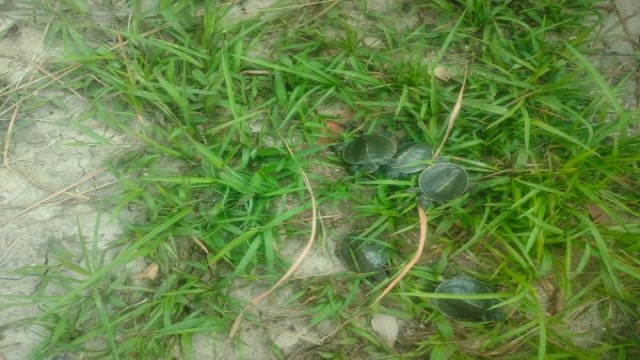

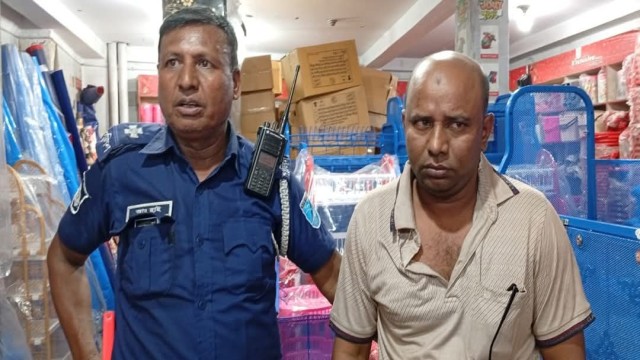
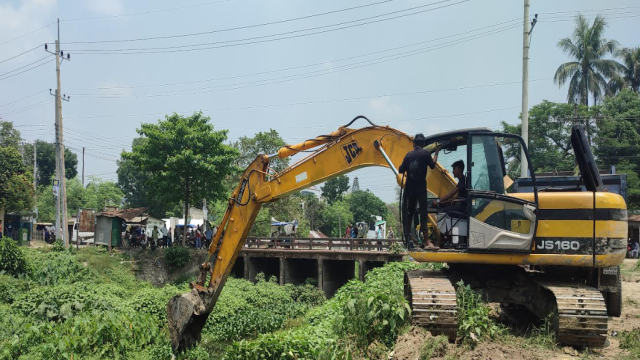




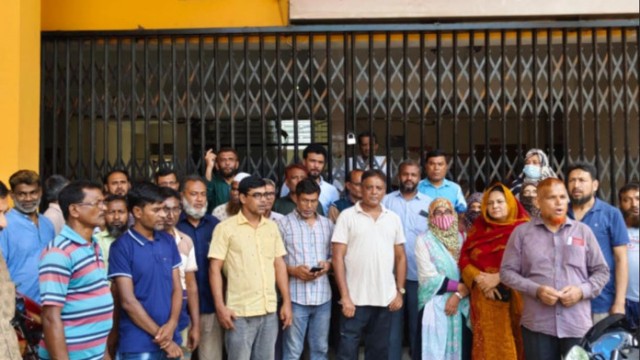
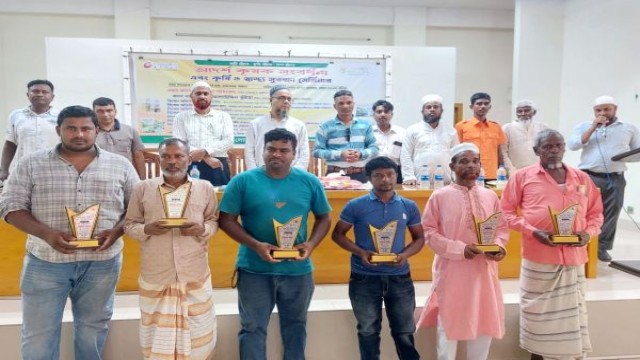
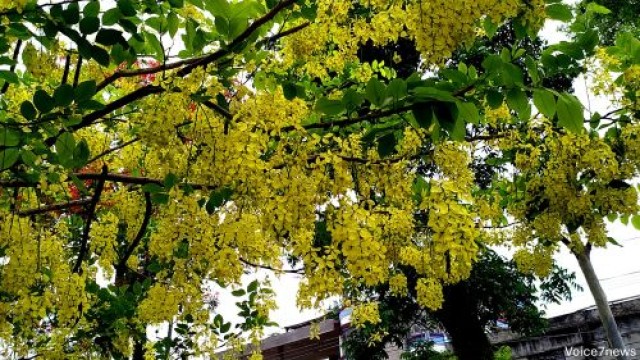


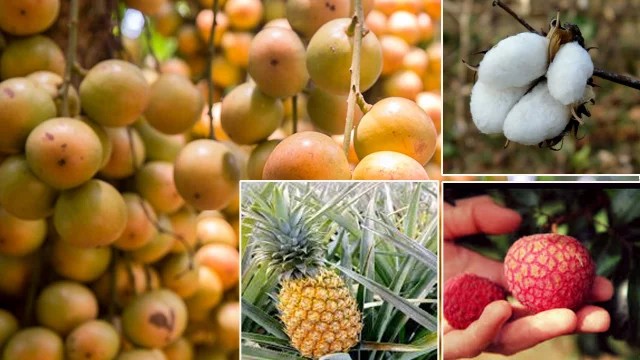







Comment: